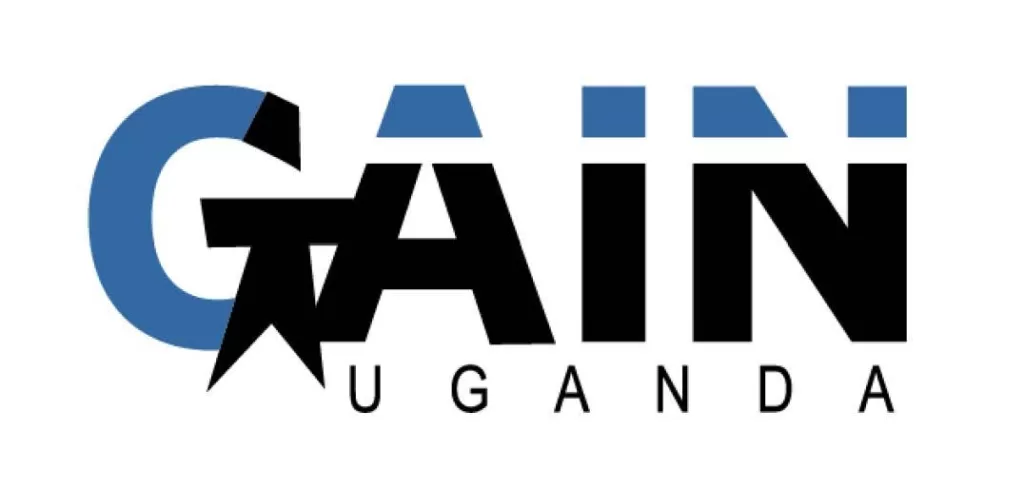In this episode, we’re shining a spotlight on a critical pillar of democracy – “No Tolerance to Corruption.” Corruption is a corrosive force that undermines the very essence of democratic principles. We’ll discuss how transparency, accountability, and the relentless pursuit of integrity are essential in upholding the democratic ideal of a government free from corrupt practices. Join us as we delve into the importance of rooting out corruption to ensure the health and vibrancy of democratic societies.
Although there is no comprehensive or universal definition of corruption, it is most commonly described as the misuse or the abuse of public office for private gain. Corruption as an umbrella term includes many different forms of misconduct.
Popular examples are the misuse of political power for illegitimate private benefit, decisions of government officials that are influenced by vested interests, or illegal exchanges of money or favours in public services.
Corruption is commonly attributed to the public sector (government, public officials, elected representatives). But it also exists in the private sector (business) and other organisations such as NGOs or political parties

